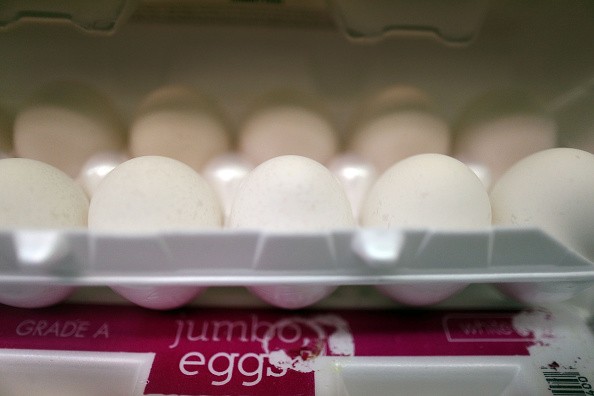
The outbreak of avian flu that has hit the Midwest hard may cause a shortage of one of the country's favorite foods: eggs. Millions of egg-laying hens in states have been killed or are about to be killed to try to stem the outbreak that may have arrived on the wings of migrating wildfowl. That is about one fourth of all the hens who lay eggs that are used fresh or are dried or frozen to use in homes and restaurants or in baked products and other foods.
Egg supplies in the United States have already tightened and prices have started to rise. According to Reuters, the price of a dozen eggs has risen from $1.19 in late April to $2.03 this week.
Some companies that use large amounts of eggs are looking at egg substitutes that are made from plants. A company called Hampton Creek has shipped thousands of pounds of its egg substitute product to General Mills, for use in baking mixes, according to the New York Times. Hampton Creek has been working on egg-free mixes for muffins and pancakes for some time and has accelerated that effort.
About 39 million infected chickens have been culled so far in this outbreak, with 33 million of them being egg-laying hens.
While eggs are nutritious and popular as a food, they are not a necessity for most people. However, a shortage of eggs will be a hardship for the vaccine industry, which uses fertilized eggs to incubate vaccines. Merck & Co. maintains their own flock of laying hens to produce eggs, with tight biosecurity and continuous monitoring. Other vaccine producers are keeping a tight watch on their suppliers as well.
Avian influenza has spread through chicken and turkey farms throughout the Midwest. The U.S. Centers for Disease Control and Prevention has said that it does not think that this strain will spread to humans, but all strains of flu mutate rapidly.



